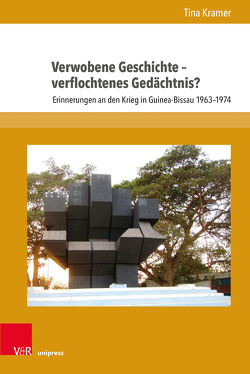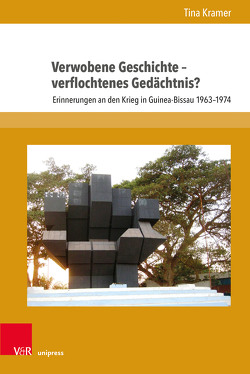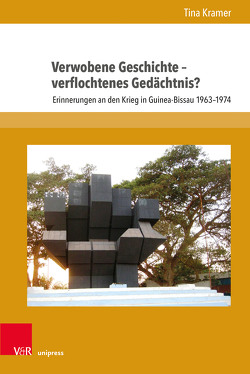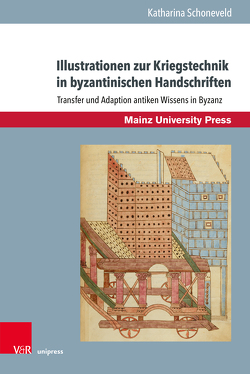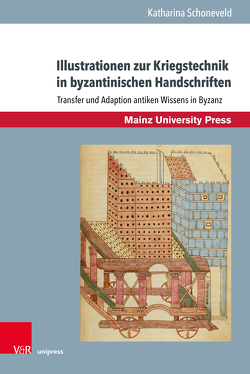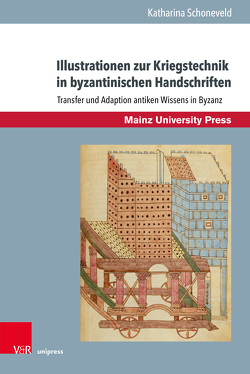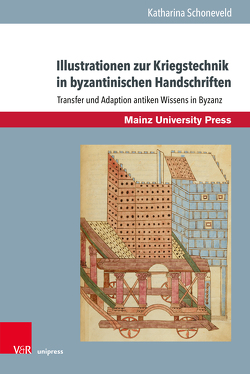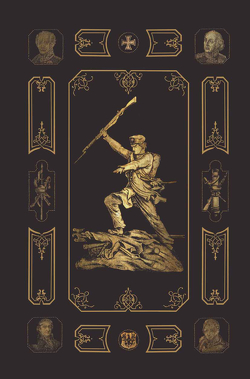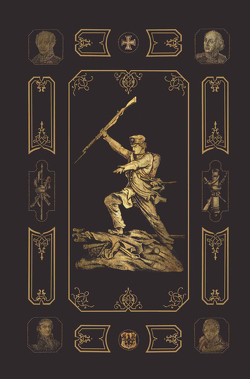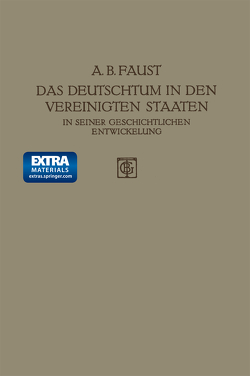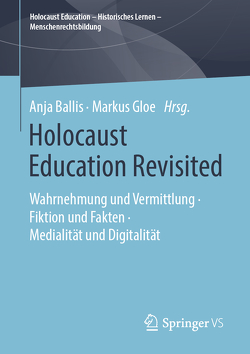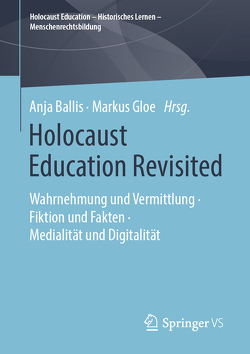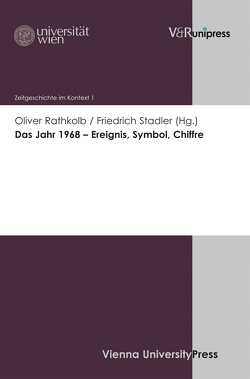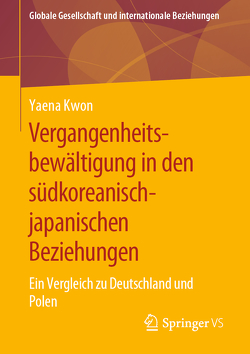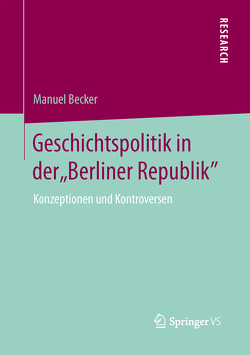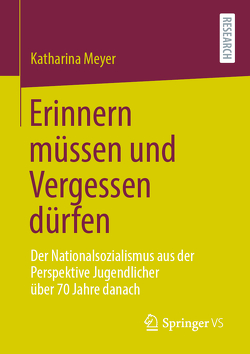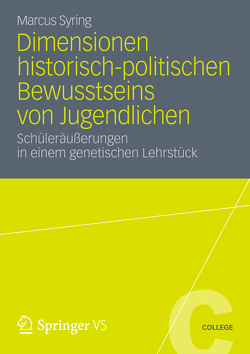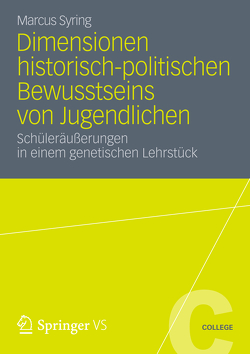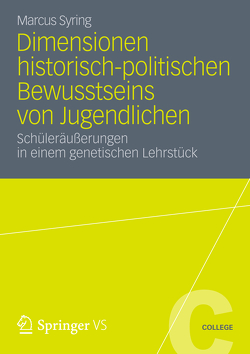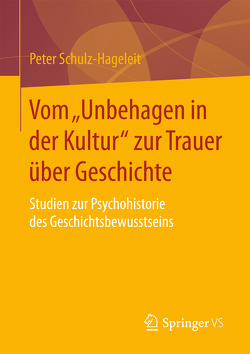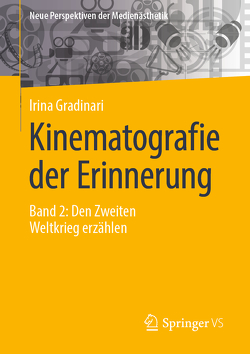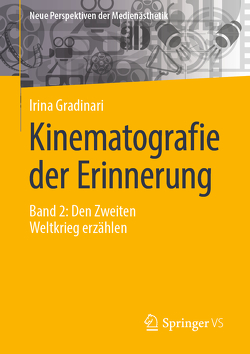Verwobene Geschichte – verflochtenes Gedächtnis?
Erinnerungen an den Krieg in Guinea-Bissau 1963–1974
Tina Kramer
Der Krieg in Guinea-Bissau von 1963 bis 1974 war der bewaffnete Kampf der nationalen Bewegung PAIGC gegen die Vorherrschaft der portugiesischen Kolonialregierung im Land. Er sollte für die portugiesische Metropole zu einem militärisch und politisch desaströsen Krieg werden, der es im Jahre 1974 vermochte, ein ganzes Regime und mit ihm sein verbliebenes koloniales Imperium zu stürzen. Für Portugal brachte er mit der Nelkenrevolution das Ende der Diktatur, für die ehemalige portugiesische Provinz die Geburt des Staates Guinea-Bissau. Dieser tiefgreifende Aspekt ihrer Geschichte verwebt und trennt die beiden Länder historisch. Tina Kramer sucht nach den kollektiven Erinnerungen und ihren Verflechtungen zwischen Portugal und Guinea-Bissau. Dabei nimmt sie die Erinnerungspolitik beider Länder in den Blick, setzt sie in Beziehung zu den Erzählungen der Betroffenen und spürt Erinnerungsorten nach.
From 1963 to 1974 the PAIGC conducted an armed struggle against the Portuguese colonial government in Guinea Bissau. For the Portuguese metropole the war was militarily and politically disastrous, leading in 1974 to the toppling of a whole regime and what was left of its colonial empire. The Carnation Revolution brought to an end the dictatorship and led to a political reorientation towards democracy, turning what had been a Portuguese province into the state of Guinea Bissau. For both countries the war represents a far-reaching aspect of their history, which historically weaves them together and also separates them. Tina Kramer examines the collective memories it awakes in the two countries and connection in which they stand to one another. She focuses on the policies of remembrance of both countries, relates them to the narratives of those affected and locates the places of memory.

